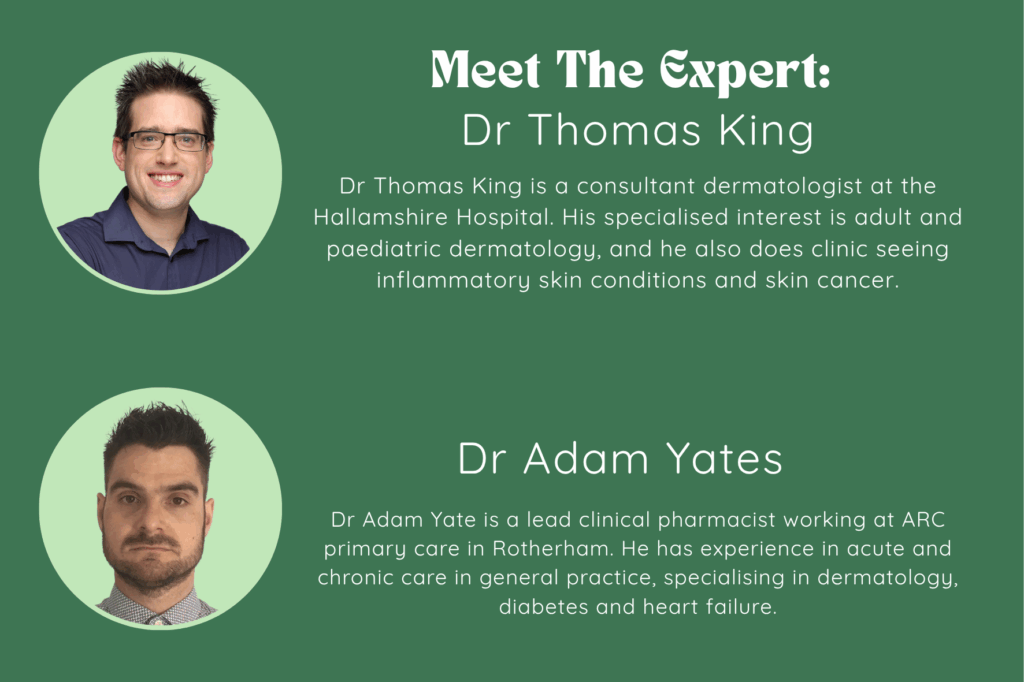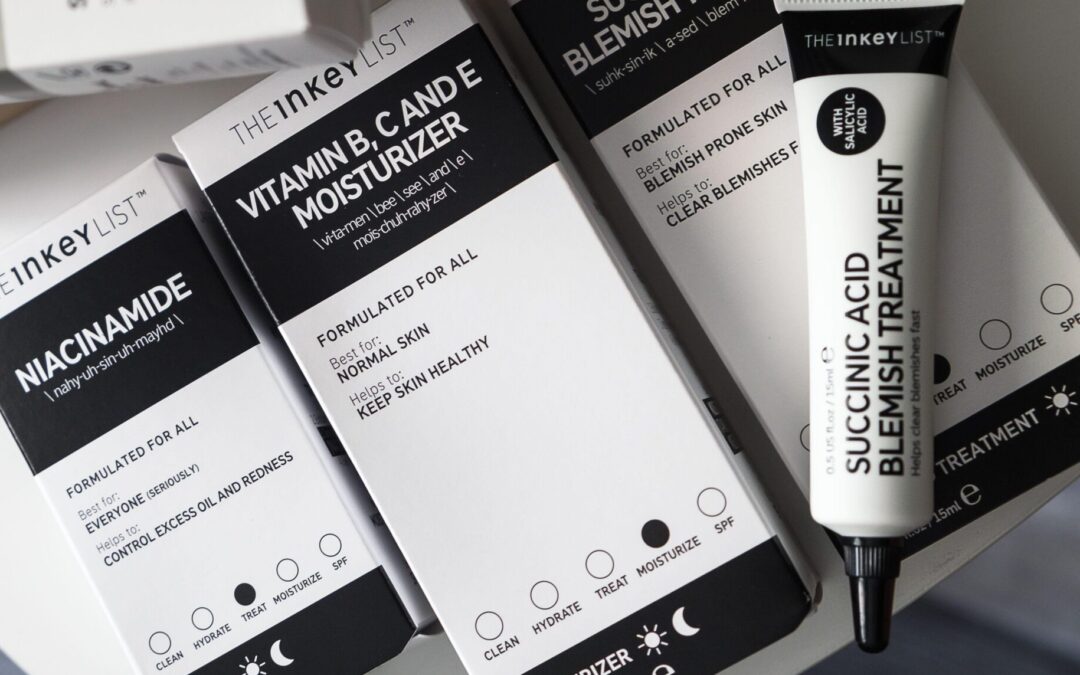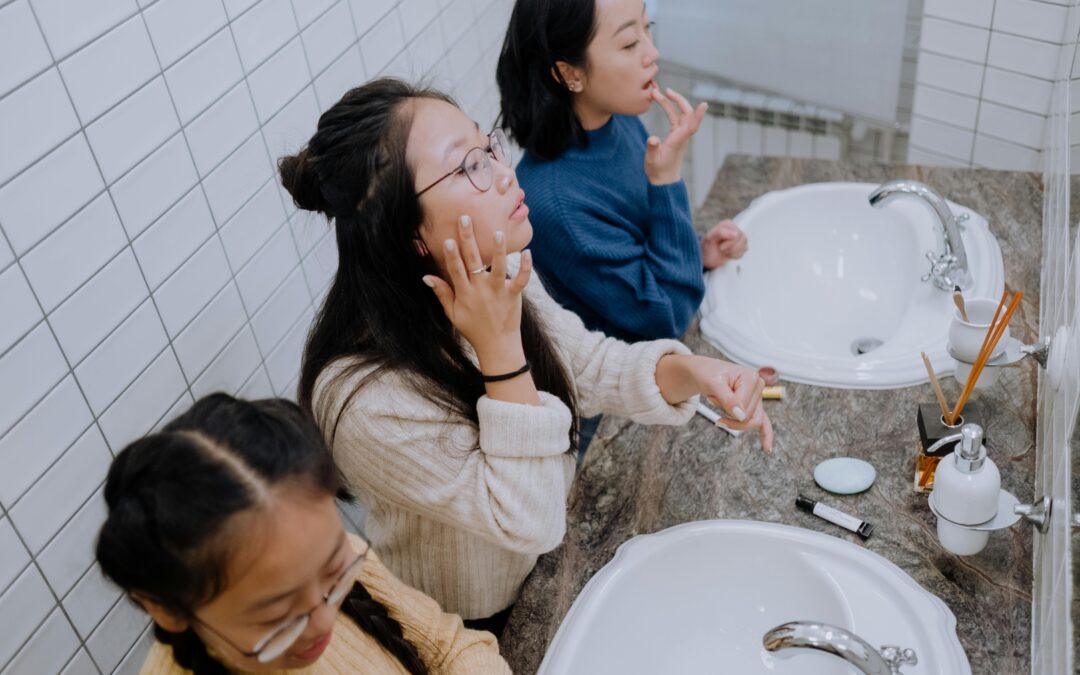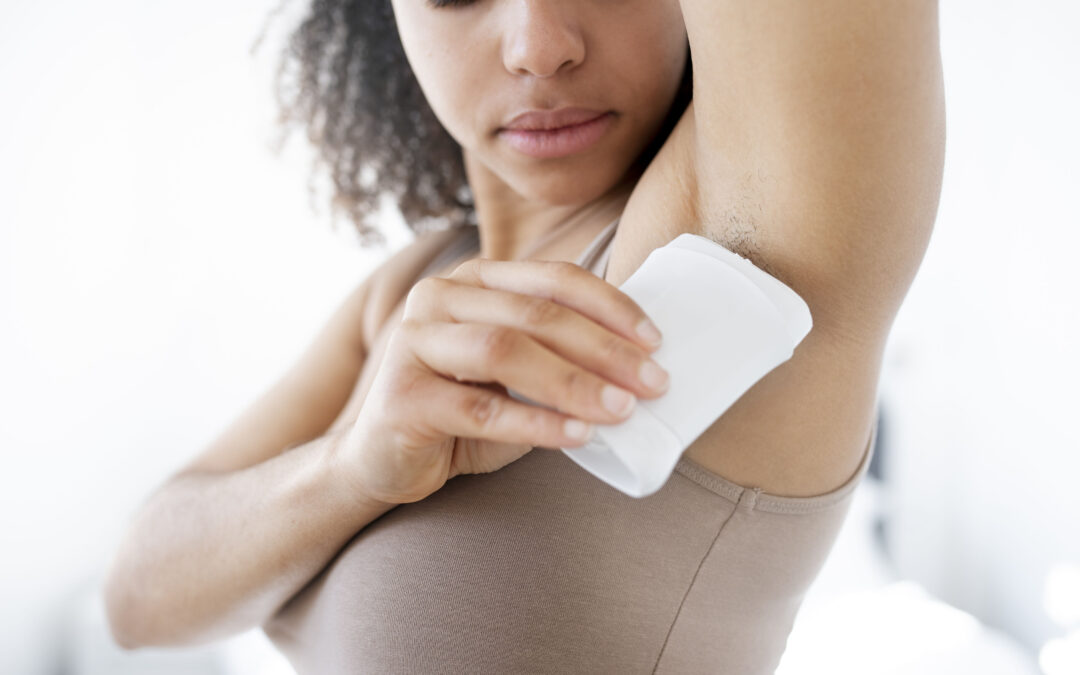Don’t be embarrassed and scared of your skin condition. We are here to help you know how to fix it and what mistakes you need to stop – because your skin deserves the best care.
Ever had an itch you couldn’t scratch? When something like scabies enters your life, it can leave your skin feeling sensitive and you feeling lost. It’s tough, but don’t worry—we’ve got you covered!
So, grab a cup of tea, seat down please, and let’s get your skin back to feeling its best—because irritated doesn’t have to mean defeated.
Today, we’re getting into a real-life story of a university student from Coventry, surviving from scabies and totally recovering.
“I thought it was just seasonal allergies,” says Fiona Wilson. “So I just didn’t think too much about it, I thought it would get better anyway.”
However, it was not to be. Fiona’s nightmare began a few weeks after a dorm party. She started noticing intense itching, particularly at night. “I was scratching so much that my skin was red and raw, and I started seeing little bumps,” she recalls.
Like most of us would, Fiona tried switching her skincare products, washing her bedding, and even taking antihistamines. But nothing worked. Finally, she saw a doctor, who gave the unexpected diagnosis: scabies.
“I was mortified. I thought having scabies meant I was dirty,” Fiona admits. However, her doctor reassured her that scabies had nothing to do with personal hygiene. It was likely contracted through close contact at the party.
The treatment was really simple – she used ointment and deep-cleaned her clothes and bedding. “Yeah, It was annoying but manageable. Within two weeks, the itching was gone, and my skin started healing,” she says.
Scabies might sound like something straight out of a medieval book, but it’s still indeed a real problem. It’s surprisingly common, and the numbers are on the rise. Weekly rate of scabies this year is higher than the 5-year average, with a particularly high rate in the north of England.
In fact, recent reports have marked scabies outbreaks in dorms, care homes, and even shared housing across the UK, and why? Why do scabies outbreaks rapidly and how do we deal with our skin at different situation? We spoke with Dr. Thomas King, a dermatology doctor woked in the Hallamshire hospital.
“During lockdowns, people cut down a lot of unnecessary social interactions, and the rate just dropped when there was no close contact. But it rebounded quickly after the pandemic,” Dr King says.
“The housing cost is rising, and more people, especially young adults, are living in shared accommodations where the risk of transmission is higher.”
One of the biggest reasons behind the recent surge is the unawareness and stigma associated with the condition. Many people always mistake scabies for a hygiene issue or a minor rash like allergy, and then delay diagnosis or treatment. This hesitation often comes from embarrassment or fear of judgement, so it makes people ignore symptoms until it becomes severe, just like Fiona said it’s all about lack of knowledge and understanding.
Read more: Perioral dermatitis; everything you need to know.
However, as Dr. King points out, “Many people feel embarrassed, so they don’t seek help until it’s severe, by which point they may have unknowingly passed it to others.”
And the danger of passing it on to others is a particular danger in places where lots of people spend lots of time together, like school.
“Scabies is just another skin condition – it’s nothing to be ashamed of,” Dr. King says. “The more we talk about it, the quicker people will recognize the symptoms and take action.”
The mix of factors lead to the result – More people start to live together caused by cost of living crisis; there’s a surge in socialising because of pandemic (thank you, festivals and parties); and, let’s be real, a little bit of ignorance about what scabies actually is.
So, let’s talk about how to protect your skin from scabies!
From a skincare perspective, Dr. King encourages everyone to adopt habits that not only prevent scabies but also promote skin health. To help us understand how skincare plays a role in preventing, managing, and recovering from scabies, here’s his quick guide to how to deal with it.
Q: How can young people protect their skin to reduce the risk of scabies?
“The best way to prevent scabies is maintaining a healthy skin barrier, as it acts as your body’s first line of defense. Use a gentle cleanser to keep it fresh and follow up with a moisturizer to lock in hydration—it’s like a hug for your skin. I recommend products with ceramides or glycerin because they lock in moisture and strengthen the skin.
Q: What should someone do for their skin if they already have scabies?
“The first, and also the most important is, follow your doctor’s treatment plan! While the medicated cream works, you can use skincare products to soothe the itching and irritation. Look for creams with calming ingredients like oatmeal, aloe vera, or chamomile. And, the hardest of all, don’t scratch! It’s hard to bear, but scratching may lead to secondary infections and make things worse.”
Q: After treatment, how can people help their skin recover?
“Your skin may still feel irritated or sensitive for a few weeks, which is completely normal. Focus on repairing your skin barrier by using moisturizers with niacinamide or ceramides—they help reduce redness and strengthen your skin. Sunscreen is a must to protect any lingering sensitive spots from UV damage. If you have marks from scratching, vitamin C serums can help brighten your skin and promote even tone over time. Recovery is a process, so please be patient and consistent with your skincare routine.”
Q: Why is it important to tie skincare to scabies prevention and recovery?
‘Because skincare isn’t just about looking good, it’s about protecting and healing your skin. Young people often overlook the importance of prevention before it happens, but a good skincare routine is one of the best ways to ward off a variety of skin problems, not just scabies. If you do get scabies, the most important thing is to stay positive and understand that it’s not scary and you don’t need to feel ashamed. Taking good care of your skin will help to minimise discomfort and speed up your recovery.”
Attention, Girls and boys! We hope you get enough knowledge about what scabies actually is before skincare. Otherwise, you guys may ‘fall into traps’! Adam Yates, a dermatology pharmacist, is here sharing some body skincare mistakes when dealing with scabies (or other irritated skin situation).
“One of the biggest mistakes? It’s over-cleansing,” Dr.Yates says, “Some people think washing their skin several times a day would help them ‘get rid of’ scabies quicker. It’s not a hygiene problem, so please leave those cleansing things far away. In fact, it will only make your skin more sensitive and irritated, as over-cleansing strips natural oils of skin. A gentle cleanse with lukewarm water is all your skin needs.”
He also warns against using harsh or abrasive products like scrubs or exfoliators during the recovery process of scabies. These products will aggravate the condition and make itching worse. A soft cloth or simply hands is the best way for a gentle cleanse.
“Don’t skip moisturizer after using medicated cream. It won’t remove the effect of ointment, or be too heavy for irritated skin. Instead, a moisturizer keeps the skin hydrated and prevents dryness caused by the treatment,” he says.
In addition, Dr.Yates suggests avoiding scented or overly complex products before recovery. The ingredients in these products may be a burden for an inflamed skin, triggering more severe irritation and slowing the healing process. He says: “Stick to simple, dermatologist-recommended products for sensitive skin until you’ve fully recovered.”
By steering clear of these common mistakes and following a mindful skincare routine, significant discomfort can be reduced during your recovery. These skincare tips also can be applied to any situation when your skin is irritated.
Here’s the takeaway, friend to friend: your skin works hard for you every single day. Give it a little extra care, and it’ll repay you by being your fiercest defender, even against those uninvited little pests. If you’re dealing with scabies right now, we know it’s not fun, but don’t worry—you’ve got this. Recovery is all about showing your skin the love it needs to bounce back, brighter and stronger than before.
Alright, let’s be real for a second: talking about scabies isn’t exactly a brunch conversation material, but hear us out—your skin deserves this little heart-to-heart. So, remember taking care of your body’s skin is an act of love for yourself.




